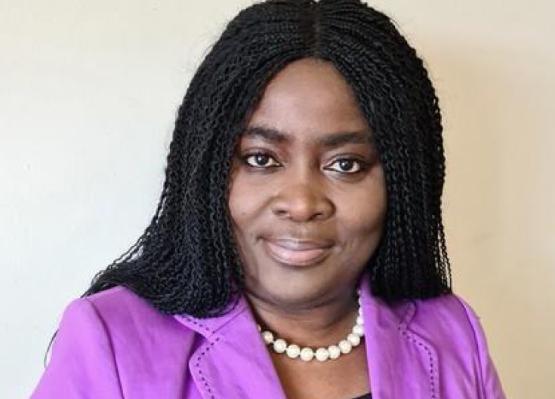Family courts reporting trial will lead to greater transparency, says Head of Law School

TRIALS have been launched to give journalists greater powers to report on matters in family courts for the first time.
A 12-month pilot launched on Monday, 30 January, in Leeds, Cardiff and Carlisle, means accredited journalists and legal bloggers can report on proceedings provided they protect the anonymity of the families involved.
Professor Engobo Emeseh, Head of the Law School at the University of Bradford, believes it is a positive move which will lead to greater transparency in cases which were previously kept private.
She said: “There have been calls for a change to allow for more transparency in this area for a while.
“Family courts are concerned with making fundamental decisions about the life of a child and their future so there needs to be some level of transparency and accountability, at the same time protecting other valid interests.
“Previously there have been campaigns around decisions made concerning children which have been deemed to be unfair, but the public hasn’t been given access to all the evidence as it couldn’t be reported.
“So, they couldn’t come to a fair assessment of whether or not the right decision had been made.”
Nearly 250,000 cases go through the family justice system in England and Wales each year, including custody cases when parents have divorced as well as the placement of children where welfare issues are concerned, such as abuse and neglect.
Should the trial prove successful, it could be rolled out to every court in England and Wales.
Speaking to BCB Radio, Professor Emeseh added: “There has always been the opportunity for journalists to be in court so it hasn’t been solely behind closed doors, but they couldn’t report specific details or interview parents or other parties anonymously.
“It meant it was impossible for the public to understand the reasons why specific decisions were made in a particular case.
“There were very good reasons for these restrictions. Family courts deal with sensitive issues and often involving vulnerable individuals.
“This trial will give journalists greater scope on what they can report as well as the ability to interview parents anonymously.
“There are still safeguards in place, including protecting the identity of children and families.
“The judge can also vary the transparency order if they feel reporting is not in the interest of the child.”
Professor Emeseh also hoped local reporters would give as much weight to the “everyday” cases as they might to high profile ones.
She said: “My only concern would be that journalists might not be interested in the more mundane cases, and that’s what you need journalists to cover, the run-of-the-mill cases where you need that oversight and transparency.
“It will be for journalists to take on that responsibility to ensure a fair balance between the everyday cases with the more sensational ones.”
